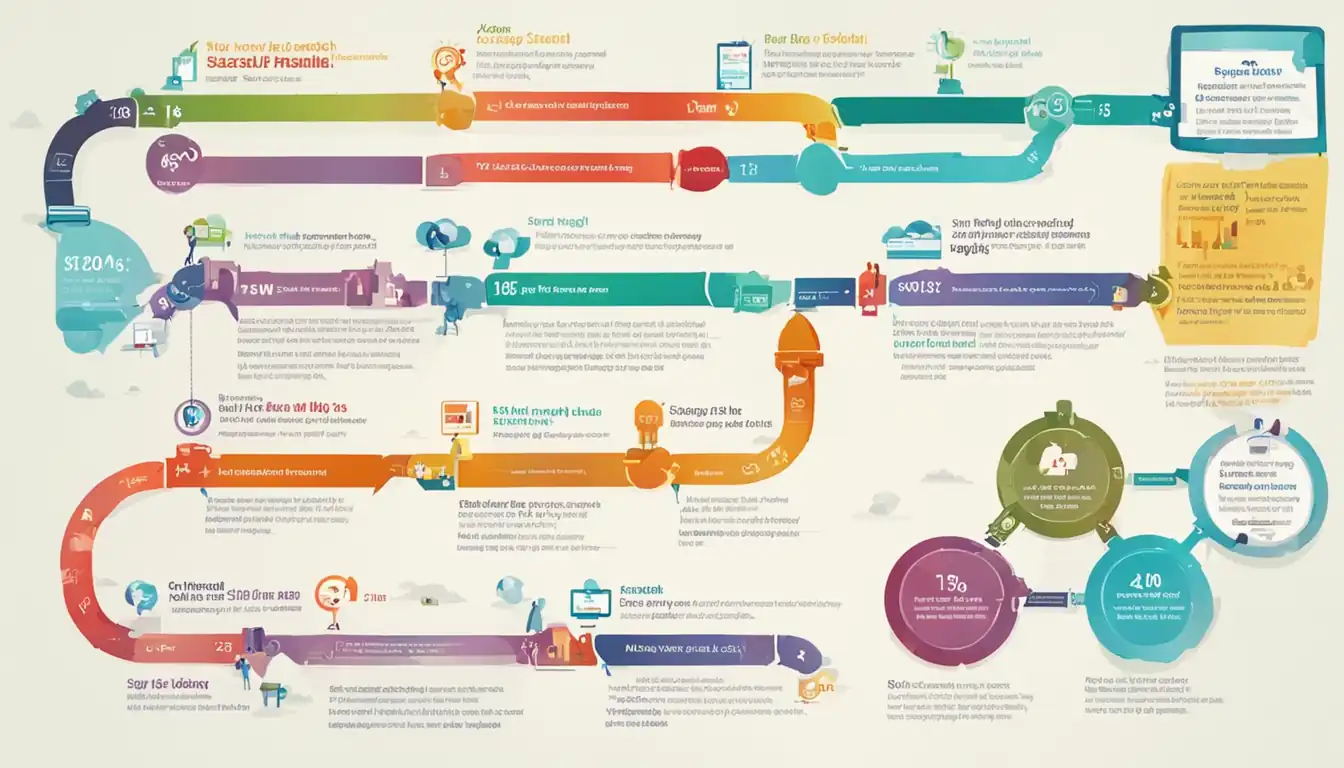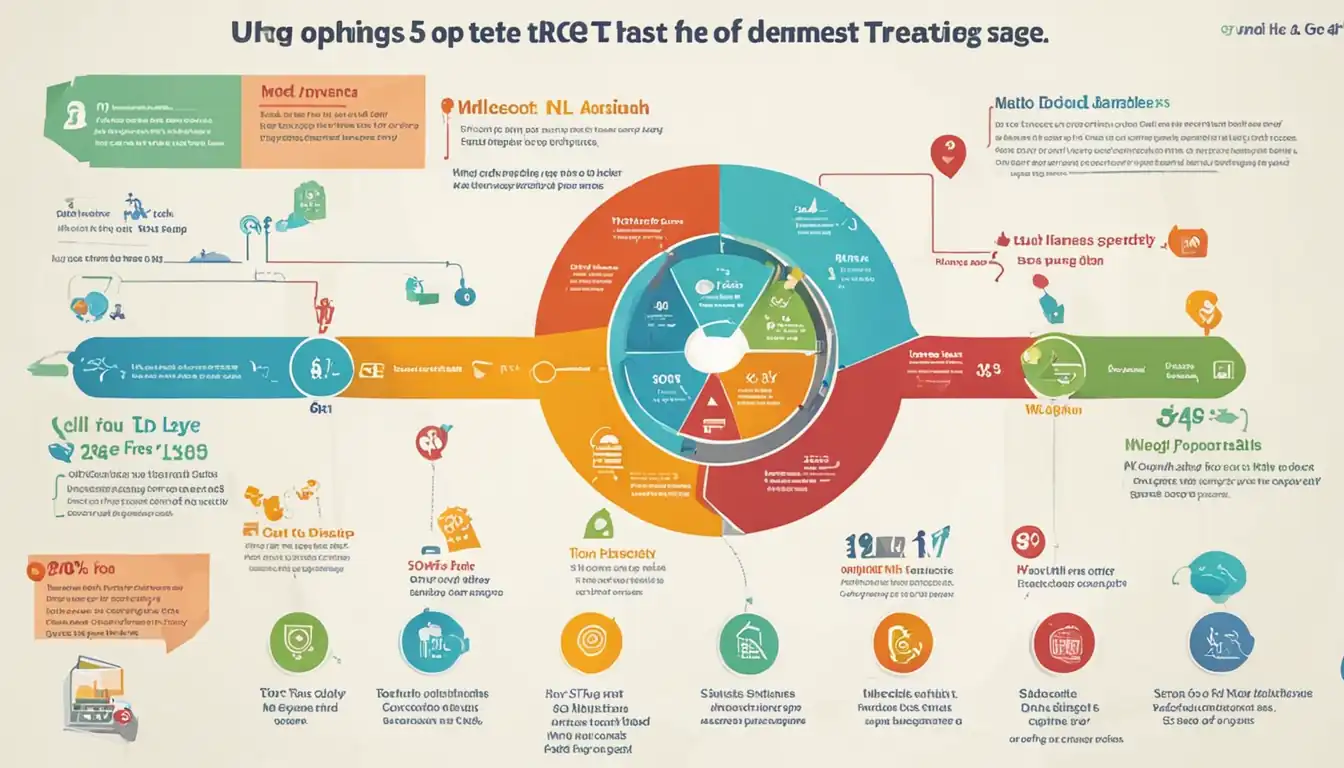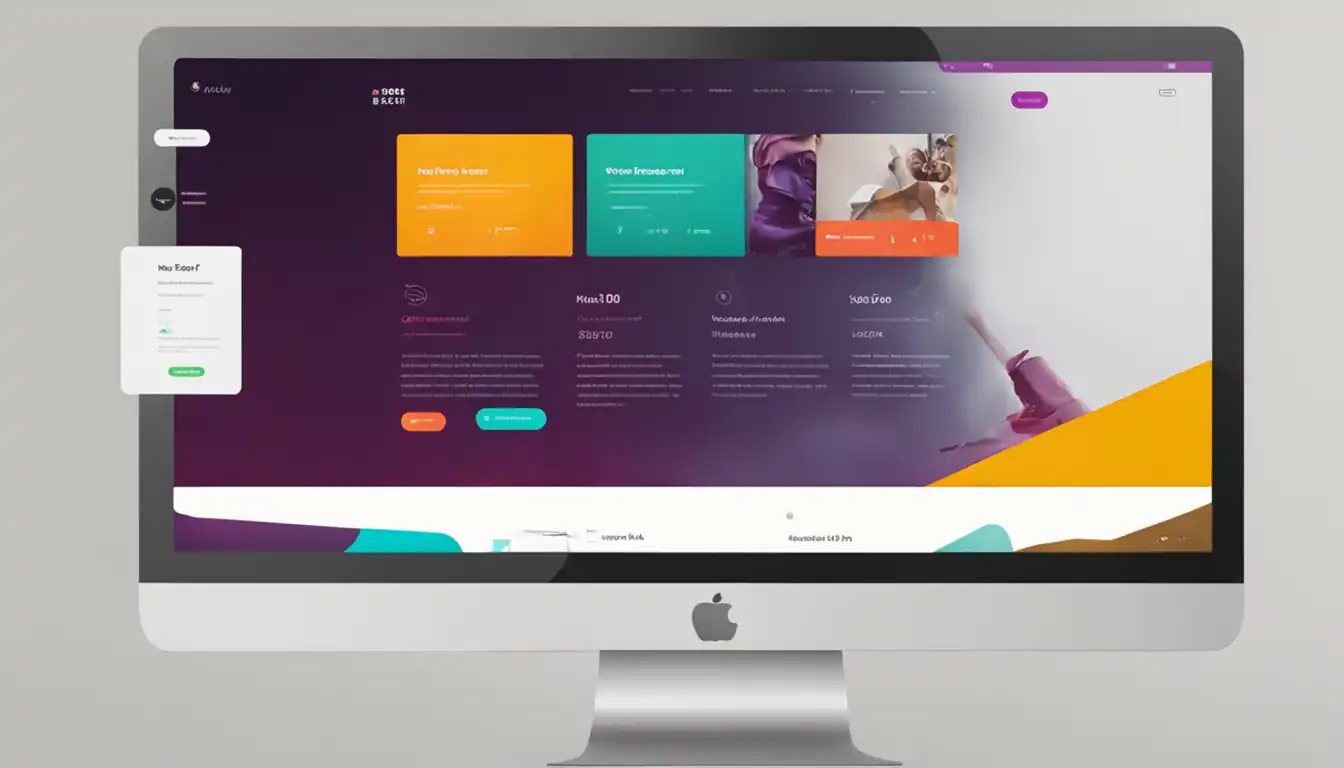Improving Website Content for SEO

Hey there, fellow content creators and SEO enthusiasts! If you're looking to boost your website's visibility and drive more organic traffic, you've come to the right place. In this post, we'll dive into the world of content-driven SEO and explore how you can improve your website content to climb those search engine rankings. So grab a cup of coffee, sit back, and let's get started on this exciting journey to optimizing your online presence!
Understanding SEO Basics

What is SEO and Why It's Essential
Search Engine Optimization (SEO) is the process of optimizing a website to improve its visibility on search engine results pages (SERPs). This involves making strategic changes to the website's content, structure, and HTML code to increase its relevance and authority in the eyes of search engines.
Having a strong SEO strategy is essential for driving organic traffic to your website, increasing brand awareness, and ultimately boosting conversions.
How Search Engines Work
Search engines use complex algorithms to determine which websites are most relevant to a user's search query. These algorithms take into account factors such as keyword usage, site structure, backlinks, and user experience. By understanding how search engines work, you can tailor your website content to meet their criteria and improve your chances of ranking higher in search results.
Crafting High-Quality Content

Crafting high-quality content is essential for improving your website's SEO. Here are some key factors to consider when creating content that resonates with both your audience and search engines.
Knowing Your Audience Inside Out
Understanding your target audience is crucial for creating content that engages and converts. Conduct thorough research to identify their demographics, interests, pain points, and preferences. This will help tailor your content to meet their needs and expectations, ultimately driving more traffic to your website.
The Power of Originality
Originality plays a significant role in SEO success. Search engines value unique and fresh content, so avoid duplicating or copying from other sources. Create original, valuable content that provides insights, solutions, or entertainment to your audience. This will not only improve your search engine rankings but also establish your brand as a thought leader in your industry.
Keyword Research Done Right

Keyword research is the foundation of any successful SEO strategy. By understanding the terms and phrases your target audience is searching for, you can create content that aligns with their interests and needs. Here are some key points to keep in mind when conducting keyword research:
Tools of the Trade
When it comes to keyword research, there are several tools available that can help you identify relevant keywords for your website. Some popular options include:
- Google Keyword Planner
- SEMrush
- Ahrefs
- Moz Keyword Explorer
These tools can provide valuable insights into search volume, competition level, and potential traffic for specific keywords.
Finding the Perfect Balance
It's important to strike a balance between high-volume keywords and long-tail keywords. High-volume keywords may have more competition, making it harder to rank for them, while long-tail keywords are more specific and targeted but may have lower search volume.
By incorporating a mix of both types of keywords into your content, you can increase your chances of ranking well in search engine results pages (SERPs) while also attracting qualified traffic to your website.
Remember, keyword research is an ongoing process. Regularly review and update your list of target keywords to ensure that your content remains optimized for SEO.
On-Page SEO Strategies

When it comes to improving website content for SEO, on-page strategies play a crucial role in boosting your search engine rankings. By focusing on optimizing various elements within your web pages, you can make your content more visible to search engines and ultimately attract more organic traffic to your site.
Optimizing Your Titles and Headings
One of the most important on-page SEO strategies is optimizing your titles and headings. These elements not only help search engines understand the context of your content but also play a significant role in attracting clicks from users. Here are some key tips for optimizing your titles and headings:
- Include relevant keywords: Incorporate targeted keywords in your titles and headings to signal to search engines what your content is about.
- Keep it concise: Aim for clear and concise titles and headings that accurately reflect the content on the page.
- Use H1 tags for main headings: Utilize H1 tags for the main heading on each page to indicate its importance to search engines.
- Structure with H2 and H3 tags: Organize subheadings using H2 and H3 tags to create a hierarchy that improves readability and SEO.
By following these best practices, you can enhance the visibility of your content in search results and improve user experience on your website.
Let's Talk About Meta Descriptions
Meta descriptions may not directly impact search engine rankings, but they do influence click-through rates from search results. A well-crafted meta description can entice users to click on your link by providing a brief summary of what they can expect from the page. Here are some tips for creating effective meta descriptions:
- Keep it under 160 characters: Google typically truncates meta descriptions longer than 160 characters, so aim for conciseness.
- Include a call-to-action: Encourage users to click by including a compelling call-to-action in your meta description.
- Highlight unique selling points: Showcase what makes your content valuable or different from competitors to attract clicks.
Remember that meta descriptions should accurately represent the content on the page to avoid misleading users. By optimizing these elements, you can improve click-through rates and drive more traffic to your website.
Enhancing User Experience (UX)

Improving website content for SEO goes beyond just optimizing keywords and meta tags. User experience plays a crucial role in how search engines rank your site. Here are some key factors to consider:
Speed is of the Essence
One of the most critical aspects of user experience is page loading speed. Slow-loading pages can lead to high bounce rates and lower search engine rankings. To improve speed:
- Compress images and videos
- Minimize HTTP requests
- Enable browser caching
Mobile-Friendliness Matters
With the majority of internet users accessing websites on mobile devices, it's essential to ensure your site is mobile-friendly. Google prioritizes mobile-responsive sites in its search results, so make sure your content displays correctly on all devices.
Incorporating these UX improvements into your website will not only enhance user satisfaction but also boost your SEO rankings.
Building Authority with Backlinks
Backlinks are an essential component of SEO, as they signal to search engines that your website is a reputable source of information. By building a strong backlink profile, you can improve your website's authority and increase its visibility in search engine results pages.
Quality Over Quantity Every Time
When it comes to backlinks, quality always trumps quantity. It's better to have a few high-quality backlinks from authoritative websites than numerous low-quality backlinks from spammy sites. Focus on earning backlinks from reputable sources within your industry or niche to boost your website's credibility and improve its SEO performance.
Guest Blogging: A Two-Way Street
One effective way to acquire backlinks is through guest blogging. By writing high-quality content for other websites in your industry, you can not only showcase your expertise but also earn valuable backlinks to your own site. Guest blogging is a two-way street, so be sure to offer other websites the opportunity to contribute content to your site as well. This reciprocal relationship can help both parties build authority and improve their SEO efforts.
Keeping Content Fresh and Relevant
Regular Updates and Revisions
Regularly updating and revising your website content is crucial for maintaining its relevance in the eyes of search engines. By consistently adding new information, insights, or updates to existing content, you signal to search engine algorithms that your website is active and up-to-date. This can help improve your site's ranking in search results and attract more organic traffic.
Responding to Industry Changes
Staying on top of industry trends and changes is essential for ensuring that your website content remains relevant and valuable to your audience. By monitoring industry news, attending conferences, and engaging with industry experts, you can stay informed about any shifts or developments that may impact your content strategy. Updating your content to reflect these changes not only keeps it current but also demonstrates your expertise and authority in the field.
Measuring Success and Making Adjustments
Utilizing Analytics to Track Progress
To effectively improve website content for SEO, it is crucial to measure the success of your efforts. Utilizing analytics tools such as Google Analytics can provide valuable insights into how your content is performing in terms of organic traffic, keyword rankings, bounce rates, and more. By regularly monitoring these metrics, you can identify areas for improvement and make data-driven decisions to enhance your SEO strategy.
Learning from Your SEO Journey
Reflecting on your SEO journey is essential for continuous improvement. Take the time to analyze what has worked well and what hasn't in terms of website content optimization. By learning from past successes and failures, you can refine your approach and tailor your content to better meet the needs of both search engines and users. Remember that SEO is an ongoing process, so be open to making adjustments based on feedback and data insights.
Conclusion
And there you have it, folks! By understanding the basics of SEO, crafting high-quality content, conducting keyword research effectively, implementing on-page SEO strategies, enhancing user experience, building authority with backlinks, keeping your content fresh and relevant, and measuring success through analytics - you'll be well on your way to dominating the SERPs. Remember, SEO is a marathon, not a sprint. So keep experimenting, learning from your journey, and making adjustments along the way. Happy optimizing!